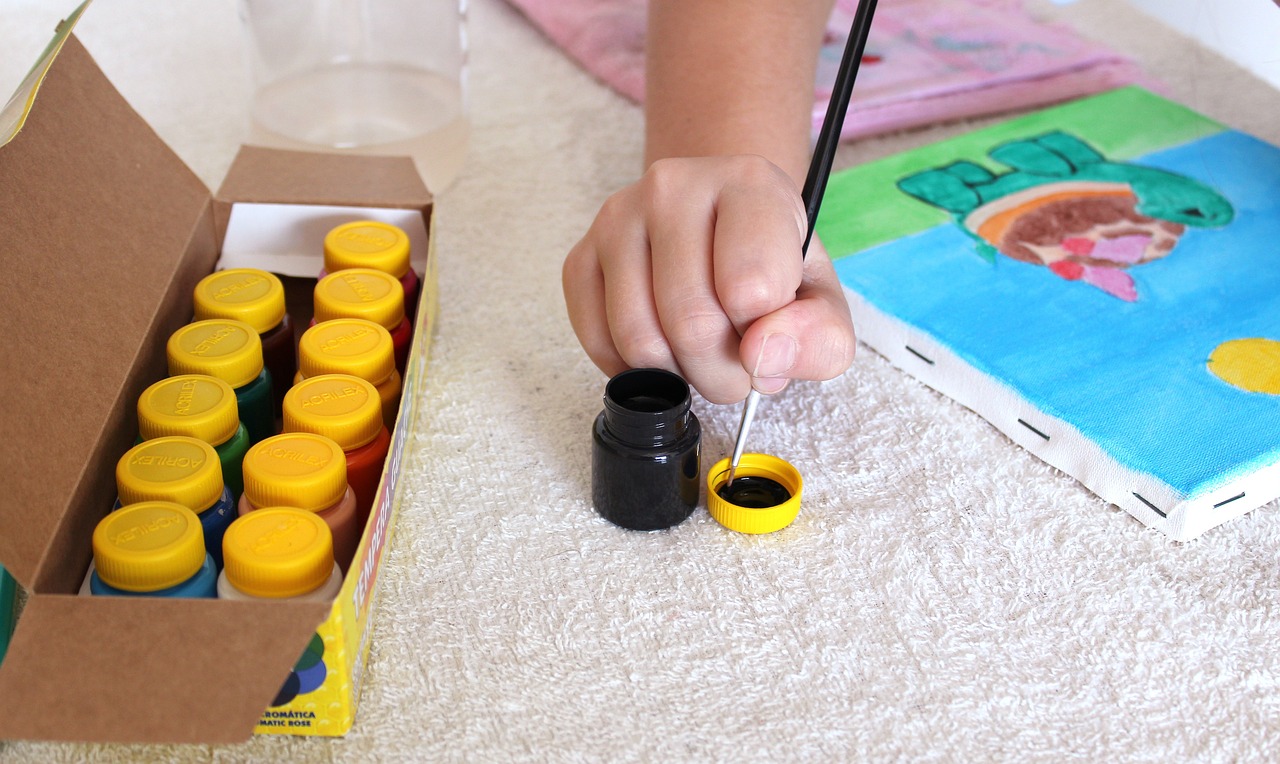Balancing Work from Home as a Single Parent: 12 Tips
Starting early with intentional education at home can have a profound impact on a child’s development, setting a solid foundation for lifelong learning. Here’s a comprehensive guide to help parents nurture learning, build curiosity, and support their child’s growth from a young age.

Understand Developmental Milestones
- Ask Yourself: What developmental milestones should my child be reaching at their current age?
- Familiarizing yourself with age-appropriate milestones helps you set realistic expectations and provide age-appropriate support for your child’s growth. From physical coordination to emotional intelligence, understanding these stages gives you a roadmap to follow and build upon.
Nurture a Love for Learning
- Ask Yourself: How can I make learning enjoyable for my child?
- Creating an engaging and enjoyable environment for learning is key to sparking lifelong curiosity. Integrate learning into everyday activities, whether through play, storytelling, or hands-on activities, to make the process feel natural and fun.
Balance Structure with Freedom
- Ask Yourself: Am I giving my child enough structure while allowing them space to explore?
- Children benefit from both structure and freedom. Encourage them to make choices, experiment, and explore within a safe environment. Finding a balance helps children build self-discipline while also developing creativity and independence.
Model Curiosity and Problem-Solving
- Ask Yourself: How can I demonstrate curiosity and problem-solving for my child?
- By asking questions and exploring answers together, you show your child the value of curiosity and critical thinking. When they see you approaching life with curiosity, they’ll naturally want to mirror this behavior, learning to approach challenges with an open mind.
Encourage Questions and Communication
- Ask Yourself: Am I creating a space where my child feels comfortable asking questions?
- Encourage your child to ask questions and engage in open discussions. Follow-up questions like “What do you mean by that?” or “Can you tell me more?” invite them to express themselves fully, helping them learn to clarify their thoughts and build communication skills.
Focus on Effort Over Results
- Ask Yourself: How can I emphasize the importance of effort?
- Focusing on effort rather than outcome teaches resilience and helps your child understand that learning is a journey. Praising effort instills a growth mindset, preparing them to approach challenges confidently and view setbacks as opportunities to learn.
Identify and Adapt to Your Child’s Learning Style
- Ask Yourself: What learning style does my child respond to best: visual, auditory, or hands-on?
- Children learn differently—some by seeing, others by hearing, and some by doing. Observing which method works best can make learning much more effective. Parents who adapt to their child’s learning style not only prevent frustration but also help the child feel understood and supported, reducing any misconceptions about potential learning difficulties.
Foster Learning Beyond the Classroom
- Ask Yourself: How can I extend my child’s learning experiences at home?
- Education shouldn’t end when school does. Incorporating learning into daily life through activities like cooking, reading, or exploring nature broadens your child’s understanding of the world and strengthens family bonds. Parents who actively participate in their child’s learning process help instill a love for knowledge that goes beyond the classroom.
Recognize the Limitations of a Child’s Experience
- Ask Yourself: Am I being realistic about my child’s level of experience and maturity?
- Even the most mature children lack the life experience and problem-solving skills of adults. It’s essential to set realistic expectations, remembering that children will make mistakes and sometimes act impulsively. A child who feels accepted and understood is better able to learn from their experiences and grow confidently.
Monitor Content Consumption and Set Boundaries
- Ask Yourself: Is the content my child is exposed to aligned with the values and behavior I want them to learn?
- Children absorb and mirror what they see, making it vital to monitor their media consumption. Whether on YouTube or social media, the language, behaviors, and values they encounter can shape their actions and mindset. Ensure that they’re engaging with positive, age-appropriate content and set boundaries when necessary to help them build a healthy digital environment.
Promote Consistency and Routine
- Ask Yourself: How can I establish a stable routine that supports learning?
- Routine helps children feel secure and grounded, which can make them more receptive to learning. Establishing regular times for reading, playing, or exploring new ideas creates a stable structure that nurtures discipline and curiosity.
Stay Involved and Be Patient
- Ask Yourself: Am I giving my child the time and patience they need to learn?
- Every child learns at their own pace, so patience and consistent support are crucial. Regular check-ins about what they’ve learned, any challenges they’re facing, or their favorite activities allow you to guide them gently without pressure. Staying involved in this way helps them feel supported, loved, and motivated to keep learning.
Conclusion
Parenting is a journey that requires flexibility, patience, and a deep understanding of each child’s unique needs and learning style. By actively supporting your child’s education both inside and outside the classroom, you create a nurturing environment that encourages curiosity, resilience, and a lifelong love of learning. Remember, each step you take to guide your child not only strengthens their skills but also builds a stronger parent-child relationship, laying the foundation for their future success.
